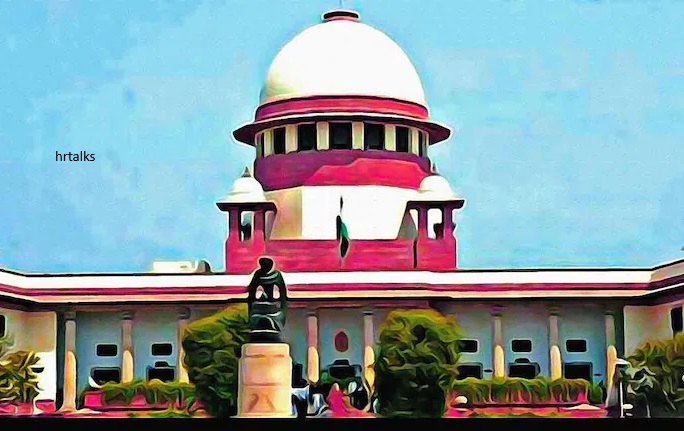Daughters were never considered equal to sons in terms of their rights to their father’s property before 2005. Daughters, unlike sons, could only be treated as ‘members,’ not ‘coparceners’ (individuals who have a legal right to their ancestral property by birth). Members could not ask for partition or a share of the property, whereas coparceners could. When a daughter marries, she ceases to be a member of the HUF (Hindu Undivided Family), and thus loses her right to share and maintain her father’s property. With the social equation rapidly changing in recent years, the need for equal rights in fathers’ property was repeatedly felt.
In India, daughters’ rights to the family’s property have changed throughout the course of many years. Over the years, the Supreme Court has rendered some significant decisions in this area, helping to shape the law as it stands today.
First, the rights of daughters to their parents’ property were discussed in the case of Prakash v. Phulavati. The rights of coparceners under the Amendment Act, 2005 apply to the surviving daughters of live coparceners as of September 9, 2005, the Supreme Court declared in this case, regardless of the daughters’ birthdates.
Therefore, a coparcener’s living daughter will not be entitled to or be able to inherit the paternal property if the coparcener’s father passes away before September 9, 2005. The 2005 Amendment Act may not be used in several circumstances if the coparcener died before the law’s effective date.
In addition, the Supreme Court declared in the case of Danamma v. Amar Singh that if the father who passed away before September 9, 2005, was a coparcener and there is an older action ongoing over partition by a male-coparcener, the daughter has also got a right to get a share of her parent’s property. The Court argued that Section 6 of the Act applies retrospectively and gives daughters a full claim to the family’s assets.
The recent Developments
The Apex Court held in the case of in January 2022 that a Hindu male who died intestate would pass on his self-acquired property by inheritance rather than succession. Additionally, the daughter will be eligible to inherit this property through the division of a coparcenary or family asset. It was also noted that if a woman passes away intestate, the property that passed to her from her father’s side would be given to his heirs, and if she passes away without having children, the property that passed to her from her husband’s side would be given to her husband’s heir.



